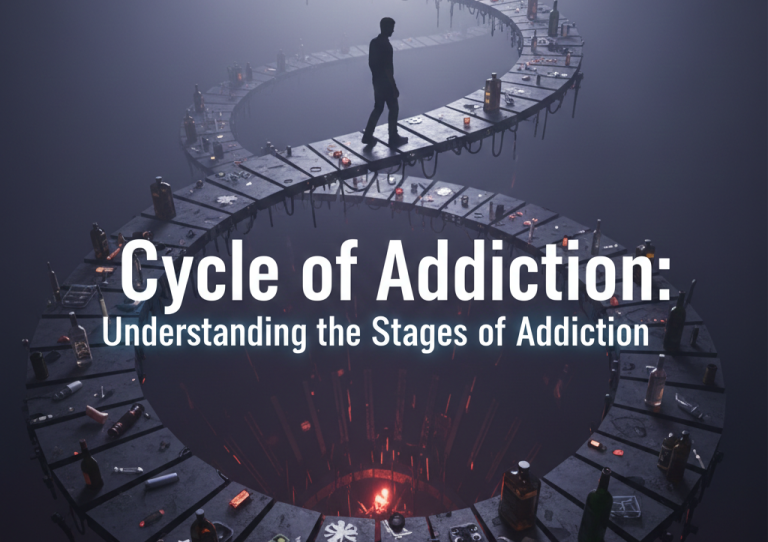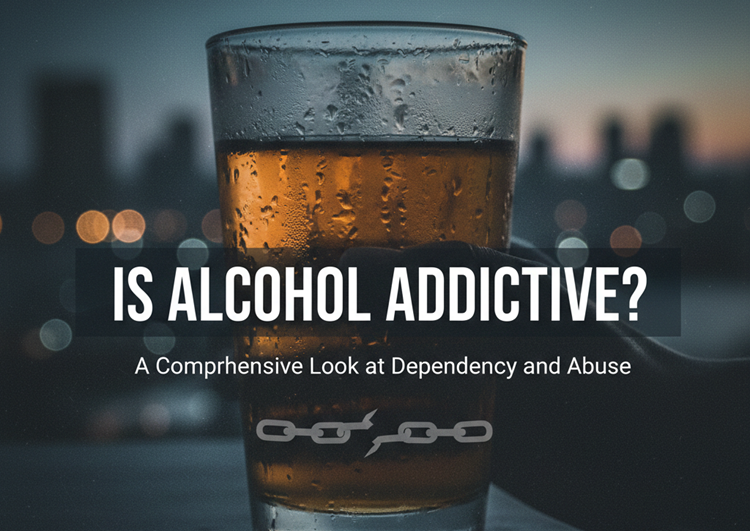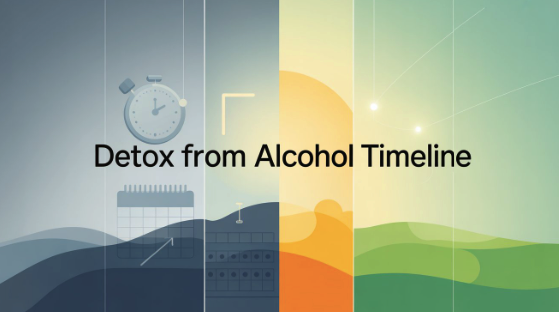Social media has become an integral part of people’s lives. Some of the popular social media platforms that we use include Facebook, Instagram, Twitter, TikTok, and Snapchat, through which we can communicate with friends and family, post moments in our lives, and even get information on what is happening around the world. Nevertheless, this feature of being always connected has its advantages and disadvantages in terms of mental health. As social media use continues to rise, it’s essential to understand how these platforms impact our psychological well-being and explore ways to maintain a healthy relationship with them.
Positive Effects of Social Media on Mental Health
There are several positive effects of social media on mental health when used purposefully and with awareness of the negatives.
Connection and Community Building
Among the positive effects of social media, it can be noted that the platform allows people to interact irrespective of geographical location. Some people may experience loneliness or their families and friends may be far away and social media applications can help these people overcome that and get a feeling of being connected with other people. It lets a person communicate with friends and relatives despite the geographical barriers that may exist between the two of them. Besides, social media enables individuals to locate and participate in groups of like-minded individuals or others who are going through similar situations. For instance, patients with chronic diseases, those with mental disorders, or those with other personal struggles can find a place of solace and similar people to interact with in support groups and online platforms.
Mental Health Care Services Availability
Social media is also useful for finding information and support on matters concerning mental health. Several mental health organizations and professionals turn to social media to post information, campaigns, and even tips on how to cope with certain mental health issues. It also reaches out to people who are uncomfortable with going for help physically, as they can seek information and services on social media platforms. This is especially useful for those who are in areas with fewer options for seeking mental health care. Also, online therapy and counseling services have emerged and provide people with a way to get help from professionals without leaving their houses.
Raising Awareness and Reducing Stigma
Social networks are greatly helpful in increasing the public’s understanding of mental health and decreasing the stigma surrounding mental diseases. Such initiatives as #MentalHealthAwareness as well as #EndTheStigma have been trending on social media platforms such as Twitter and Instagram to break down the barriers on the topic of mental health and encourage people to speak up. Sometimes, seeing other people, especially famous people, talk about their mental health issues can make it easier for other people to open up about them. This has led to more people being aware of mental health issues, thus making them more comfortable sharing their experiences.
Negative Effects of Social Media on Mental Health
Although social media has its advantages, it also has various disadvantages that may cause damage to one’s mental health, provided that one overuses it or has no set rules to follow.

Comparison and Self-Esteem Issues
One of the most insidious effects of social media is comparison, which in turn results in low self-esteem among the users. Most social networking sites are selective presentations of life’s best moments, including work, travel, and personal looks. This process is often referred to as social comparison and results in people feeling deprived, even though what they see online is often staged or presented in an ideal manner.
Social Comparison Theory
Social comparison theory was introduced by Fessinger in 1954. That is, individuals determine their own social and personal worth based on how they stack up against others. On social media, this tendency to compare oneself may result in the development of a negative body image and the perception of one’s life as unsatisfactory. For instance, a person may feel incompetent because they do not have as many followers, are less fit, or do not seem to live the life of their dreams in terms of social media. In the long run, this weakens one’s self-esteem and results in feelings of depression and anxiety.
Body Image Concerns
Another area that social media affects greatly is body image, especially in youth. Applications such as Instagram are loaded with pictures of bodily perfection, which can be altered and adjusted. Thus, constant exposure to the ideal beauty standards can result in body dissatisfaction, eating disorders, and an altered perception of one’s own body. Research has revealed that appearance comparison on social media, which includes comparing oneself to others, posting selfies, and other similar activities, is associated with body image disturbances and eating disorders. The pressure to meet these standards can be very intense and result in the development of a negative view of oneself and poor mental health.
Cyberbullying and Online Harassment
Another concerning problem related to the use of social media is cyberbullying and harassment. While traditional bullying takes place in real life and at a particular time, cyberbullying can happen at any time and can be more intense as it is not easily detected and the internet has a large coverage. Cyberbullying can involve bad comments, threats, or even the sharing of fake information about the victim; these can cause a lot of adverse effects on the mental health of the victim.
A survey conducted by the Cyberbullying Research Center found that about 37% of adults between the ages of 12 and 17 have been bullied online, with 30% having experienced it more than once. The consequences of cyberbullying include feelings of loneliness, depression, and anxiety.
Psychological Effects
Cyberbullying has various psychological impacts, such as reduced self-esteem, loneliness, and vulnerability to other people. The affected individuals may develop anxiety, such as always being concerned with what other people are saying about them online. The individuals may also have sleep disturbances, changes in appetite, and a deterioration in academic or work achievement. The consequences of cyberbullying are not only faced by the victim; the family and friends of the victim also feel the stress and anxiety due to the same.
Addiction and Overuse
The social media application is well-designed to capture the users’ attention and involve them in the process through elements such as notifications, likes, and comments. However, this engagement may sometimes become a serious problem and result in addiction.
Symptoms of social media addiction are using social media platforms too much, having negative emotions when unable to use social media, and ignoring other activities or people who use social media. A person who is hooked on social networking sites may not be able to log in, regardless of the harm it is causing to his or her psychological health.
Impact on Daily Life and Mental Health
Social media overuse can become a problem that disrupts normal life to the extent of affecting sleep, work, and interpersonal relations. The use of technology and exposure to information can lead to stress and a feeling of being overwhelmed. In addition, excessive use of social media can lead to loneliness because, while one is interacting with people online, they may not be getting the social interaction they need.
Link Between Social Media and Mental Health
A research article in the journal JAMA Psychiatry in 2019 identified that adults who spend more than three hours a day on social media are at a higher risk of experiencing mental health issues, including depression, anxiety, and loneliness. This study suggests that overuse of social media may lead to sleep deprivation, sedentariness, and higher risks for cyberbullying, which are all detrimental to the mental well-being of the individual.
A 2020 study in the journal Computers in Human Behavior analyzed the impact of social media on adults. the results stated that the more time people spend on social media, the higher their chances of experiencing loneliness and dissatisfaction with life. The study also revealed that social media use leads to higher levels of exposure to negative social comparisons and unrealistic portrayals of other people’s lives, thus leading to poor self-esteem and depression.
Tips for Balancing Social Media Use for Better Mental Health
- Set Time Limits: There are some applications or phone settings you can set to reduce the number of hours spent on social media.
- Curate Your Feed: Unfollow negative accounts and mute those that cause stress.
- Take Regular Breaks: Establish a particular time of the day or specific days of the week when you will not be using social media at all.
- Avoid Comparisons: It is important to note that on social media, people only post the best parts of their lives.
- Engage Mindfully: Be purposeful in the interactions that one has to make; one should not aim at the number of people one interacts with.
- Prioritize Real-Life Connections: However, one should ensure that they spend more of their time with friends and family away from social media platforms.
- Be Aware of Triggers: Find out what type of content impacts your mood and then remove or block the content that hurts it.

Social media is a part of life today and just like anything else, it has its positive and negative impacts on people’s mental health. Even though social networks can help establish contact, find like-minded people, and gain access to helpful information, they can also contribute to the development of negative consequences such as comparison, bullying, and excessive use, which adversely affect mental health.
If social media is negatively impacting your mental health, don’t hesitate to seek professional mental health guidance. It’s important to maintain a healthy balance and ensure that your online interactions contribute positively to your overall well-being.



























